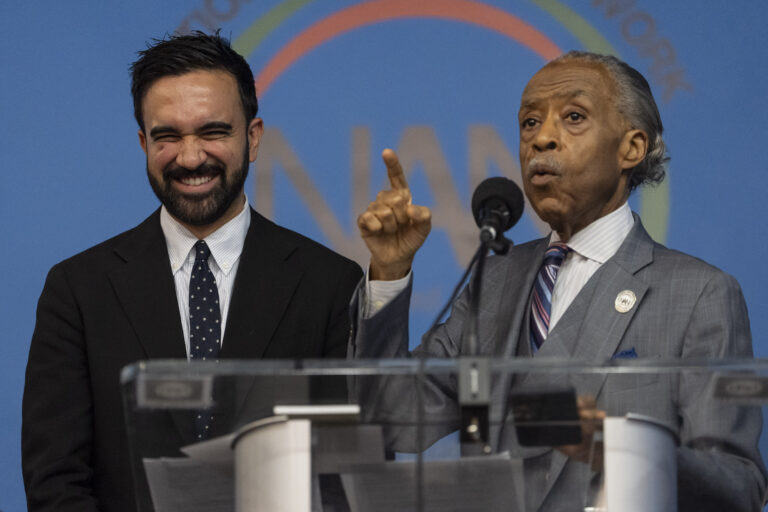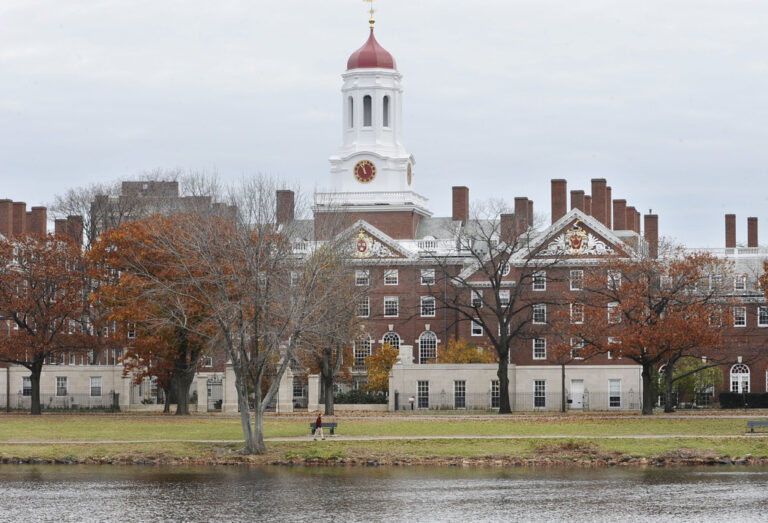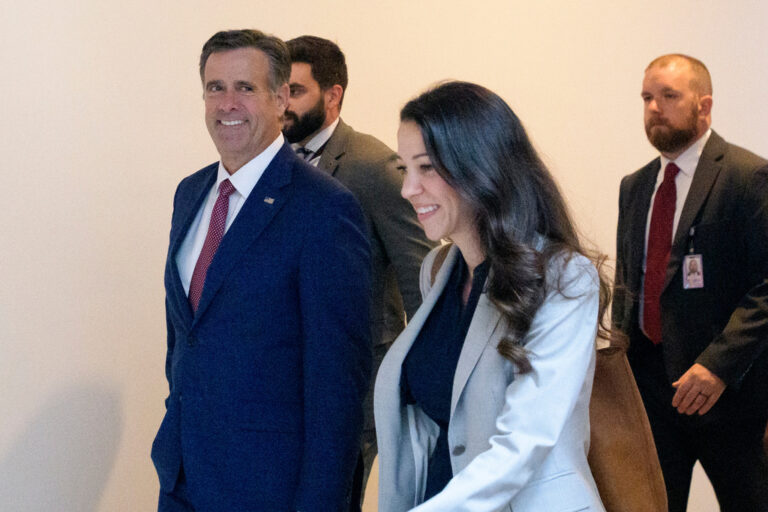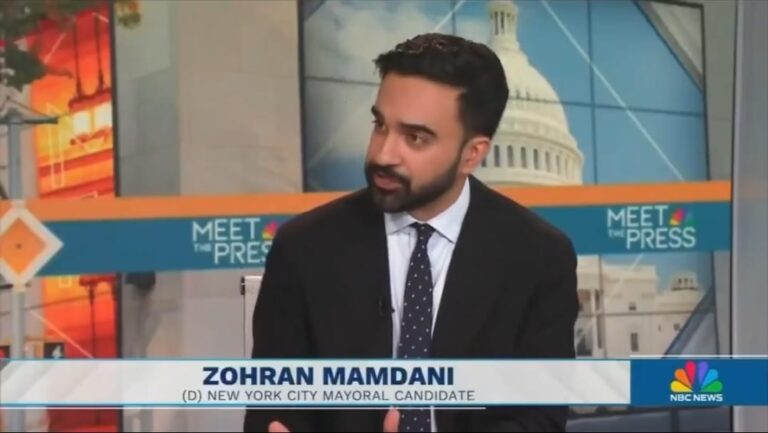 The articles published today and in coming days are based on thousands of United States embassy cables, the daily reports from the field intended for the eyes of senior policy makers in Washington. The New York Times and a number of publications in Europe were given access to the material several weeks ago and agreed to begin publication of articles based on the cables Sunday online. The Times believes that the documents serve an important public interest, illuminating the goals, successes, compromises and frustrations of American diplomacy in a way that other accounts cannot match.
The articles published today and in coming days are based on thousands of United States embassy cables, the daily reports from the field intended for the eyes of senior policy makers in Washington. The New York Times and a number of publications in Europe were given access to the material several weeks ago and agreed to begin publication of articles based on the cables Sunday online. The Times believes that the documents serve an important public interest, illuminating the goals, successes, compromises and frustrations of American diplomacy in a way that other accounts cannot match.
The Source of the Material
The documents — some 250,000 individual cables, the daily traffic between the State Department and more than 270 American diplomatic outposts around the world — were made available to The Times by a source who insisted on anonymity. They were originally obtained by WikiLeaks, an organization devoted to exposing official secrets, allegedly from a disenchanted, low-level Army intelligence analyst who exploited a security loophole. Beginning Sunday, WikiLeaks intends to publish this archive on its Web site in stages, with each batch of documents related to a particular country or topic. Except for the timing of publication, the material was provided without conditions. Each news organization decided independently what to write about the cables.
Reporting Classified Information
About 11,000 of the cables are marked “secret.” An additional 9,000 or so carry the label “noforn,” meaning the information is not to be shared with representatives of other countries, and 4,000 are marked “secret/noforn.” The rest are either marked with the less restrictive label “confidential” or are unclassified. Most were not intended for public view, at least in the near term.
The Times has taken care to exclude, in its articles and in supplementary material, in print and online, information that would endanger confidential informants or compromise national security. The Times’s redactions were shared with other news organizations and communicated to WikiLeaks, in the hope that they would similarly edit the documents they planned to post online.
After its own redactions, The Times sent Obama administration officials the cables it planned to post and invited them to challenge publication of any information that, in the official view, would harm the national interest. After reviewing the cables, the officials — while making clear they condemn the publication of secret material — suggested additional redactions. The Times agreed to some, but not all. The Times is forwarding the administration’s concerns to other news organizations and, at the suggestion of the State Department, to WikiLeaks itself. In all, The Times plans to post on its Web site the text of about 100 cables — some edited, some in full — that illuminate aspects of American foreign policy.
The question of dealing with classified information is rarely easy, and never to be taken lightly. Editors try to balance the value of the material to public understanding against potential dangers to the national interest. As a general rule we withhold secret information that would expose confidential sources to reprisals or that would reveal operational intelligence that might be useful to adversaries in war. We excise material that might lead terrorists to unsecured weapons material, compromise intelligence-gathering programs aimed at hostile countries, or disclose information about the capabilities of American weapons that could be helpful to an enemy.
On the other hand, we are less likely to censor candid remarks simply because they might cause a diplomatic controversy or embarrass officials.
Government officials sometimes argue — and the administration has argued in the case of these secret cables — that disclosures of confidential conversations between American diplomats and their foreign counterparts could endanger the national interest by making foreign governments more wary of cooperating with the United States in the fight against terrorists or other vital activities.
Providing an Analysis
Of course, most of these documents will be made public regardless of what The Times decides. WikiLeaks has shared the entire archive of secret cables with at least four European publications, has promised country-specific documents to many other news outlets, and has said it plans to ultimately post its trove online. For The Times to ignore this material would be to deny its own readers the careful reporting and thoughtful analysis they expect when this kind of information becomes public.
But the more important reason to publish these articles is that the cables tell the unvarnished story of how the government makes its biggest decisions, the decisions that cost the country most heavily in lives and money. They shed light on the motivations — and, in some cases, duplicity — of allies on the receiving end of American courtship and foreign aid. They illuminate the diplomacy surrounding two current wars and several countries, like Pakistan and Yemen, where American military involvement is growing. As daunting as it is to publish such material over official objections, it would be presumptuous to conclude that Americans have no right to know what is being done in their name.
(Source: NY Times)











8 Responses
The American people should condemn the NYT. It is unheard of that an American company should do something like this. May the NYT loose many readers and subscribers. Hopefully, they will close down. Maybe they will re-open in Moscow. At least then, no one will be surprised. Shame on them.
Of course they should print it. It’s already public: in Der Spiegel in Germany, Las Pais in Spain, Le Monde in France, and The Guardian in England. There is zero reason for the Times to abstain from publishing the wires.
I think it’s even more “presumptuous” to conclude that the NYT speaks in my name…
Baruch Has-m we’re a country of “Freedom of speech and Freedom of expression” so everyone relax about these leaks especially the White House and our liberal left wing anti-american pres. Now Eretz Yisroel has a lot to gain from these releases and verry little to hide from, good the Yidden are not a crooked as we thought. This is America’s Tower of Bavel, the destruction for usa will be unfathomable, get your passports the game here is over! Good we’ve all taken to much adavntage here and the time to move to another Galus country or Messia is on its way.
The Times is as immoral and anti-American as they come.
The editors of the Times are infinitely less qualified than our democratically empowered government to determine which of our national secrets are least likely to expose us to unnecessary and unacceptable jeopardy. The Benedict Arnold’s controlling the Times are devoted to making a buck by printing whatever sells. On the other hand, our government is run by our people, for our people, without a profit motive. Today the Times has demonstrated it lacks any will to do anything other than undermine this great nation with the full force of its publishing capabilities. This icon of the fourth estate leads the march of an ignoble fifth column.
Arguments like #2 are hollow and disappointing. Just because there are other miscreants doesn’t justify joining them.
It’s possible to rationalize almost any shameful act. But in the end the NYT is at it for money, let the chips fall where they may. There’s gelt to be made by scooping other publications; it helps their reputation of sometimes getting news first. The NYT should have been honest about their motivation.
“Unheard of”? The Times and others published the Pentagon Papers years ago. While I disagree with those who violate their oath and break the law by releasing classified information, there is a reason for the “fourth estate:” it holds government accountable in a way that individuals cannot.
It part of the “checks & balances” and one of the reasons we have a First Amendment. They have their job to do.
There seems to be a historical cycle at play: the volume of leaked material goes up as wars drag-on (Vietnam being a good example). Whether this information will actually inform the public or simply stir-up an international debacle remains to be seen.
The New York Times: If the news fits (our political agenda), we print it.
More detrimental to us is that the NY Times (owned by the assimilated Jews of the Sulzberger family) has an anti-Israel and anti-Charedi agenda. They are continually publishing slanted/distorted “news” detrimental to us (whom they call “ultra” Orthodox) and Israel.
As a former New Yorker, I am disappointed that so many Orthodox Jews patronize them.
Please do not buy their paper. If the Yetzer HaRa forces us to read their propaganda, let’s do it on the Internet, where it is free; i.e., they are not profiting from us.